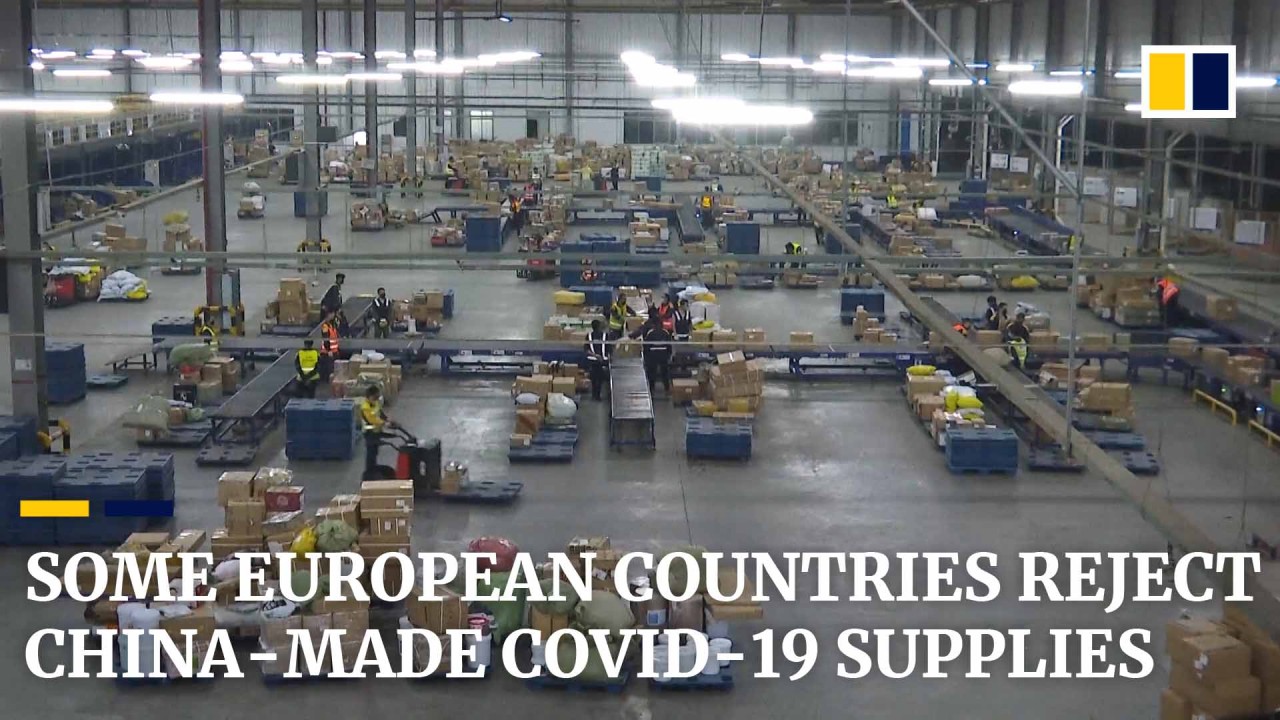Coronavirus lawsuits targeting China may put it off international law for good
- China has in recent years been more willing to play a bigger role in global affairs, even though historically it has taken an isolationist approach to its participation in international law. But attempts to take Beijing to court will surely dampen its desire for engagement

With the international community pelting canards at China for its failure to act on Covid-19 and states demanding reparation to the tune of billions, the heat is on China to take decisive steps. One fallout of the pandemic may be China’s policy towards international law.
Historically, China’s participation in international law has been “isolationist”. This was predicated on China’s disgruntled experience with colonialism and imperialism. In the sphere of international law adjudication, it is worth noting that China rarely appears before the International Court of Justice (ICJ) and is not a signatory to the International Criminal Court (ICC) statute. China’s past encounters with “unequal treaties” have shaped its apprehension towards the international law mechanism, which China considers tailor-made for Western authoritarianism.
Notwithstanding China’s past passivity in global affairs, its recent approach to issues like space, trade, seabed mining and climate change manifest a vision for a global order. This is amplified by the fact that China in 2014 inaugurated the annual World Internet Conference, or “Wuzhen Summit”, advocating the concept of “internet sovereignty”, in which each country has the right to regulate its internet space.
Although it’s not active in the ICJ or ICC, China has an enviable track record as a World Trade Organisation member. It is the third most active participant in the WTO’s dispute settlement system from 2002 to 2019. Perhaps the core tenet of China’s perception of international law is best summed up as being “self-centred”. Instances of Chinese participation in the dispute settlement forums are incumbent on national interest.
So will Covid-19 affect China’s participation in international adjudications? Before the Covid-19 outbreak, there appeared to be a palpable shift in China’s mindset towards its participation in global affairs, as shown by its greater willingness to strengthen bilateral dialogue, engage with regional trade partners, and play a bigger role in diplomacy.
But now we have outraged countries clamouring for accountability, several lawsuits filed in the US to force China to pay for Covid-19 damages, and Germany’s largest paper tallying up losses totalling 149 billion euros (US$160 billion). With the likelihood of being dragged to the ICJ or UN Human Rights Council, what enthusiasm China may have felt for playing a larger role in international law may well have cooled.
Atul Alexander, assistant professor of law, West Bengal National University of Juridical Sciences, Kolkata, India
Help us understand what you are interested in so that we can improve SCMP and provide a better experience for you. We would like to invite you to take this five-minute survey on how you engage with SCMP and the news.
